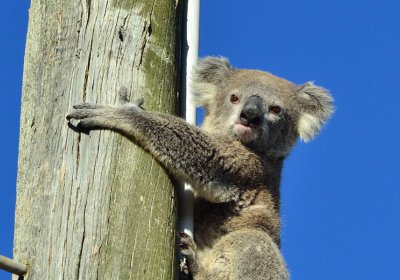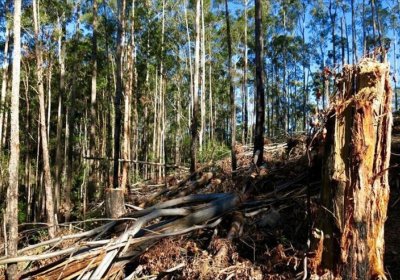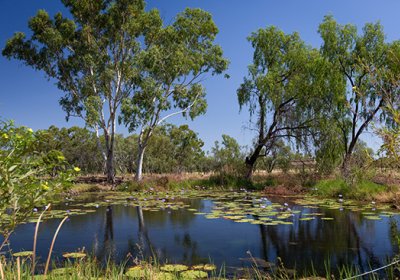The ubiquitous Commonwealth Games mascot Borobi the blue koala belies the fate of the “Aussie icon” it represents. It is ironic that Borobis flourish in the very region where koala numbers have declined drastically in recent years.
Koalas are an endangered species in Queensland, NSW and the ACT and land clearing has long been recognised as the culprit. As well as the animals killed during the actual process of land clearing, the destruction of habitat results in increasing population losses.











